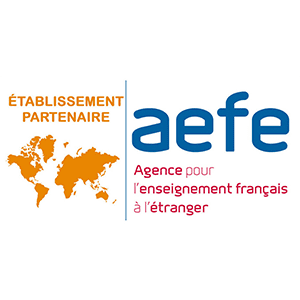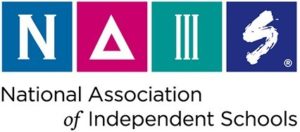Visible Learning – How Can Parents Help at Home?
A core belief at Tessa International School is that all of our teachers should continually improve our teaching practices. Over the summer I read a book that is receiving a lot of praise from renowned educators: 10 Mindframes for Visible Learning: Teaching for Success by John Hattie and Klaus Zierer.
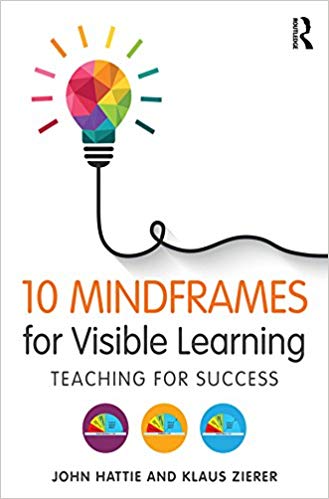
Unlike many books devoted to pedagogy, Hattie and Zierer used scientific-based evidence (for example, several meta studies) to determine ten key ‘mindframes’ for excellent teachers.
One simple take-away for teachers: instead of going into a classroom and asking oneself, ‘How can I be a great teacher?’ or ‘How can my students learn the best?’ 10 Mindframes suggests that teachers should say to themselves: ‘My job here is to evaluate my impact on my students.’
I invite you now to reflect when you were a child: which teachers made the greatest impact on you? Why? Which moments with your parents impacted you the most? Why? How can you make similar impactful moments on your own child?
As a parent of a 4 year-old and a 2 year-old and a teacher myself, I often ask myself how we as parents (whether we have education backgrounds or not) can help our children become better learners and world citizens. So I have written a few suggestions for parents who wish to make learning more impactful for students, based on many of the mindframes.
1. I am an evaluator of my impact on my child’s learning
As a parent you have a tremendous impact on your children. Do you occasionally reflect upon the memories that you are making during ‘teachable moments?’ As an example, my family and I just moved all of our belongings from house to another. Needless to say–it was an intense two days and there was a fair share of unexpected moments. My children were a part of the moving process and they saw moments that were a bit, shall we say….frustrating? As my wife and I occasionally got discombobulated I remained very aware that my children are learning how to deal with frustration—from us.
Your children, especially if they are young, are learning so much…from you! Are you evaluating the impact you are making on your child on a day to day basis?
2. I collaborate with my peers about my conceptions of progress and my impact
Do you consult other parents from time to time, or are you so confident that you are the best parent in the world that you never need to speak to anyone? In my humble opinion, having an open mind, key to the IB Learner Profile, is extremely important to becoming a better parent. Just because something worked with you as a child, for example, doesn’t mean that it will necessarily work the same way on your own child. As an aside, I’d like to suggest that you check out a fascinating review of a book that compares parenting styles in France, the US, and Peru here.
As a general rule, the biggest issue that I see with American parenting is ‘helicopter parenting.’ Giving your children opportunities to take risks is extremely important. And check out Erika Christakis’s The Importance of Being Little if you want some advice on this.
3. I am a change agent and believe my child can improve
Do you have fixed beliefs about your child? ‘My son is great at… singing, but not so good at sports.’ Have you ever said or thought something like this? Though these observations and ‘rules-of-thumb’ may at times be helpful to you to better understand your child, you also might be making assumptions that simply are not true. And why would such assumptions be bad? Well, if your child implicitly knows that he or she is not good at ‘x’ or is not meant to be ‘x,’ then guess what? He might just stop trying entirely to be ‘x.’ And he may only be two years old!
4. I strive to provide my child with challenge and not merely have him or her do his or her best
Teachers often learn about Lev Vygotsky’s concept of the Zone of Proximal Development during teacher training. This fancy-sounding concept is essentially the idea of giving every child just the right balance of challenge and support. Do you give your children too much support? This is often what I see as an educator when I watch parent-child interactions. Don’t be afraid to challenge your children. Personally, I have learned the most when I was suddenly on my own with a challenge. Remember the first time you drove a car on your own? How you suddenly knew, ‘This is real.’ And how quickly you learned a million things? The same is true with children.
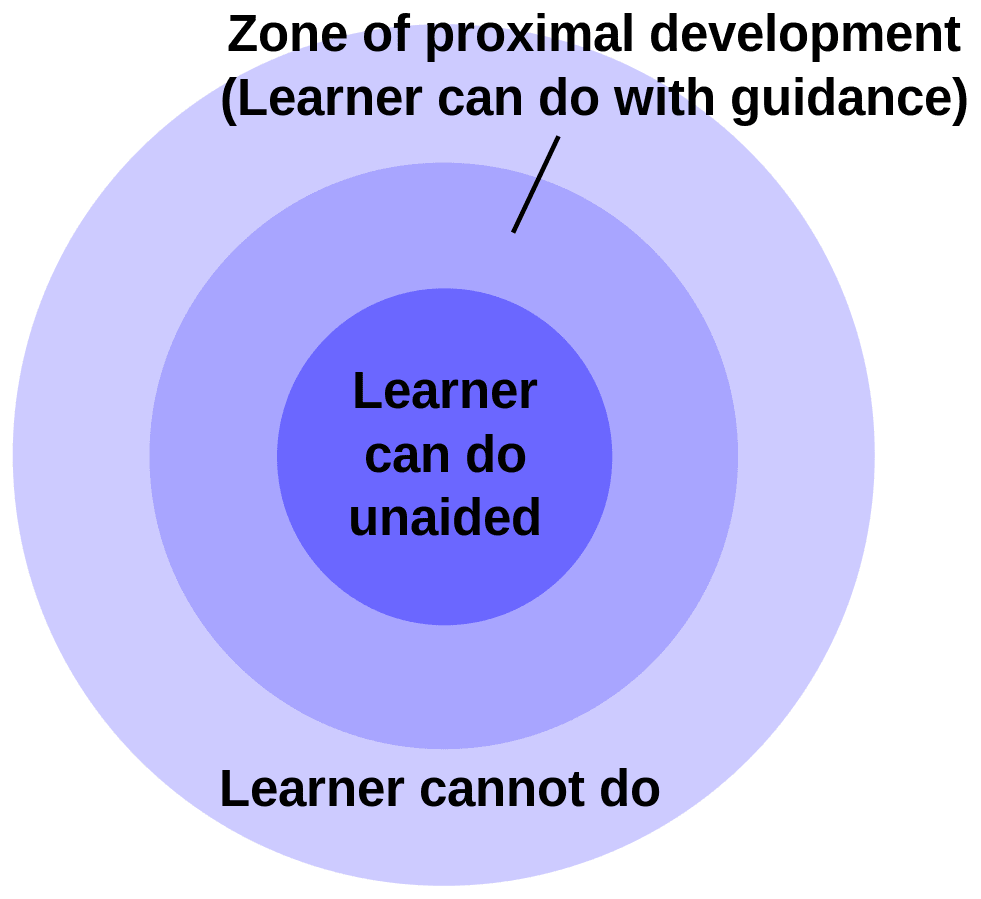
5. I give feedback and help my child understand it, and I interpret and act on feedback given to me
Do you give your child specific feedback relating to the way he or she acts? Manners such as saying ‘please’ and ‘thank you,’ for instance, don’t come naturally to children. When you see your child acting politely or impolitely, do you give him specific feedback?
6. I engage as much in dialogue as monologue
Are you ‘the rule of law’ in your home, or do you give your children choice? Naturally, not everything can be a choice. But do you listen to your children when they say what they like or don’t like?
7. I build relationships and trust so that learning can occur, where it is safe to make mistakes and learn from others
How is your relationship with your child? What could you do to improve it?
8. I identify and build on my child’s prior experiences and initial learning level
Do you make connections to other things that have happened to your child? For instance, if you have been on vacation with your child sometime in the past, and see something that reminds you of this event, do you help the child make the connection? In a way, this relates to the teaching concept of spiraling. This is the idea that in the classroom you always return and review what you have learned previously. Imagine teaching your child a concept such as octagon. You look at Stop signs, you draw them, and your child really understands what an octagon is. Do you ever bring up the topic of octagon again or do you assume that your child knows what it is without reinforcing it? Naturally, you bring it back.
I hope that some of these suggestions can help you be an even more awesome parent than you are now!
Here is to a great year at Tessa International School!








